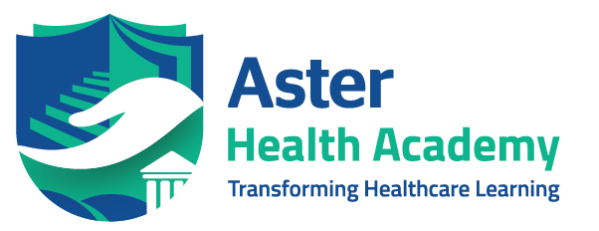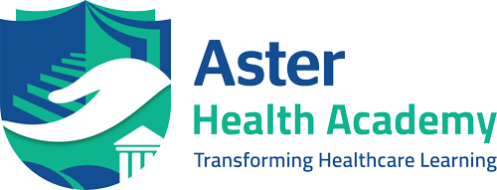The healthcare industry is a dynamic environment that is always changing, and technology is significantly responsible for some of the most significant changes. This technically forced disruption has also spawned computerised, smart, on-demand, and seamlessly connected transactions that, absent the virtual world we have grown accustomed to, would not have been either feasible or universally acceptable. Healthcare organisations must therefore continue to invest in their workforce by upskilling them in fields that will also provide the business a competitive edge. Included in this is training on the use of technology and other tools designed to enhance business operations and efficiencies.
Opportunity in scaling up healthcare business
The market for healthcare services in India increased by 10% in 2021, reaching $93.6 billion. The Indian healthcare providers market is anticipated to reach $129.9 billion in 2026, up 38.8% from 2021. The healthcare sector has never needed to innovate business models and create new revenue streams more than it does now, especially as it works to enhance lives and standard of living. The movement toward new business models is already under way more »»
The need for skilled personnel in conventional fields like medicine, nursing, pharmacy, etc. continues to outpace what our education system can provide. Very cynically, we only have roughly 6 million of these professionals, or less than half of what we currently require. Wish such obstacles, the emphasis has also shifted to closing gaps so that care delivery is sophisticated, affordable, and accessible. A workforce that is highly skilled, effective, and always prepared is also required to meet future difficulties including an ageing population and unresolved health concerns.
With the use of efficient online learning tools, medical personnel will need to stay up with best practises from around the world and breakthroughs in medicine, diagnostics, treatment, and patient care. For their employees’ holistic development and progression, modern, dynamic healthcare firms are teaching and upgrading the following skills to them:
Leveraging New Technologies: Encouraging your staff to take advantage of digitally driven innovation in the health field can provide fantastic results. These new technologies can contribute to better health ecosystem management, more powerful research and innovation, and services that are more effective, efficient, and centred on people.
Design Thinking: For people working in the healthcare industry, several soft skills are crucial. Health technology and innovation heavily rely on human connections. Design thinking is a creative process that not only helps with technology implementation but also takes into account patient-centric services that are emotionally and value-based.
Agile Learning for the Healthcare Workforce: The pandemic has placed a premium on meeting a rapidly shifting demand and simply continuing to offer critical services. Instead of being proactive, services had to be responsive and reactive. For healthcare workers to be resilient and meet obstacles in times of crisis, agility needs to be instilled in them. With the use of efficient online learning tools, they will need to stay up with best practises from around the world and breakthroughs in medicine, diagnostics, treatment, and patient care.
Leadership: Healthcare professionals must learn how to lead, manage teams, and present themselves. They ought to be capable of spotting and bridging any gaps between patients’ expectations and the actual services offered. Future career advancements, employee engagement, and employee well-being are all taken into account when leaders plan training and development programmes.
To be a successful healthcare worker, you must constantly update your knowledge and look for ways to get better. To make it happen, a successful learning programme must not only address learning-related topics but also be tailored to the different learning preferences of learners.


